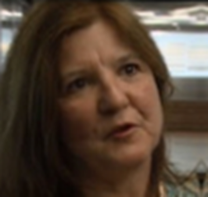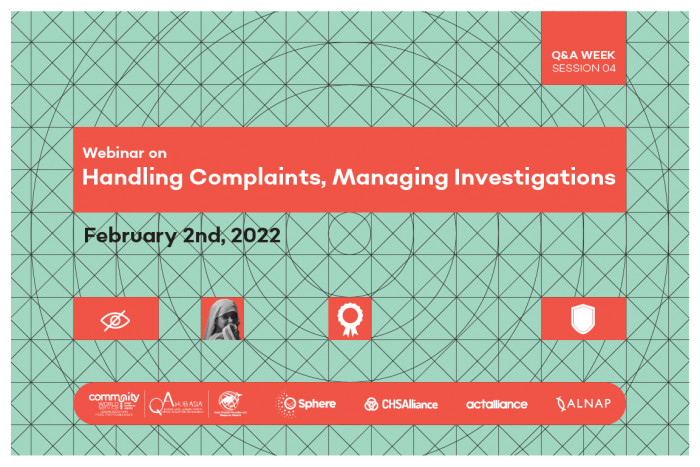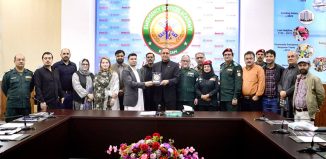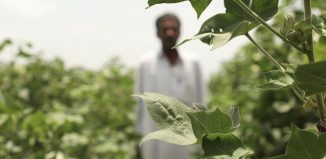Handling Complaints, Managing Investigations
Format: Webinar presentation, discussion
When: 2nd February 2022
Time: 2.00 PM-3:00 PM (Pakistan Standard Time)
Where: Zoom – Link to be shared with registered participants.
Register: here
Language: English
How long: 60 minutes
For: Safeguarding focal points, senior managers of national, international and regional NGOs and aid/development networks
Moderator and Trainer: Ester Dross
Background:
Community World Service Asia (CWSA) is a humanitarian and development organisation registered in Pakistan, addressing factors that divide people by promoting inclusiveness, shared values, diversity, and interdépendance. CWSA is highly committed towards people centered aid and Accountability to Affected People. Over the last two years, we have offered different webinars, covering various aspects on safeguarding and aiming to raise more awareness on key aspects of accountability such as establishing efficient and transparent complaints systems and protection from and prevention of sexual exploitation, abuse and harassment. Safeguarding is a key pillar to any accountability measures that organisations must integrate into their programmes and working cycle.
When people we work with or for feel unsafe within their workspace or global environment, this has critical negative impacts on the quality of our work and the objectives we intend to reach. It is therefore important that we are more aware and increase our efforts for a better understanding of the issues at hand.
This webinar is part of a series of 6 one-hour webinars, covering safeguarding, key policies and minimum requirements, Complaints systems, Complaints handling and managing investigations and communication. The last webinar will be dedicated to experiences sharing and best practices.
We are now reaching the second part of our 6-session series. We spoke generally about safeguarding and how three organisations set up their safeguarding framework, followed by an interactive session where participants explored the key policies and guidelines they need to have in place in terms of safeguarding. The last time we met we spoke more in-depth about complaints systems, the necessary minimum requirements and how to ensure they are appropriate and user-friendly.
Objectives:
During our 4th webinar on the 2nd February 2022, we want to dedicate more time to explore how to manage investigations. If we were successful in setting up our safeguarding processes, if the complaints systems we set up are confidential, trustworthy, accessible and transparent, we should have an increase of complaints as a result. We therefore need excellent processes to handle these complaints and guarantee safe, independent and fair investigation processes.
The webinar today will explore the following topics:
- The decision making process on external or internal investigation processes
- How to plan an investigation and manage an investigation team
- What to communicate around complaints and investigations
- Taking into account Data safeguarding and protection
Moderator & Presenter:
Ester Dross—Independent Consultant

Ms Dross is an indépendant consultant with over 25 years of expérience, specializing in accountability, prevention of sexual exploitation and abuse, gender and child protection. Ms Dross has had extensive exposure to humanitarian certification systems and accountability to affected populations while working with HAP International as their Complaints Handling and Investigation Advisor, later as their Certification Manager. She has been closely involved in the Building Safer Organisations Project since 2005, dealing with sexual exploitation and abuse of bénéficiaires, particularly focusing on gender and child protection. Over the last 6 years and since working as an independent consultant, Ester has been leading a pilot project for FAO on accountability and gender mainstreaming in emergencies and working with numerous NGOs including ACT Alliance members, supporting and training their staff on gender issues, child







